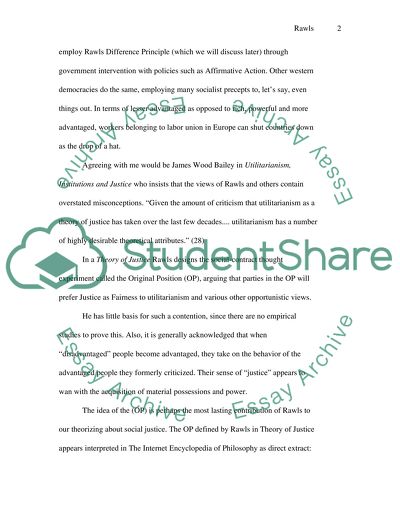Cite this document
(“*Explain Rawls’ approach to justify principles of international Essay”, n.d.)
Retrieved from https://studentshare.org/miscellaneous/1550397-explain-rawls8217-approach-to-justify-principles-of-international-justice-how-rawls-sets-up-the-global-original-position-and-which-principles-are-chosen-there-make-a-brief-criticism-of-rawls8217-method-and-conclusions-about-international-justic
Retrieved from https://studentshare.org/miscellaneous/1550397-explain-rawls8217-approach-to-justify-principles-of-international-justice-how-rawls-sets-up-the-global-original-position-and-which-principles-are-chosen-there-make-a-brief-criticism-of-rawls8217-method-and-conclusions-about-international-justic
(*Explain Rawls’ Approach to Justify Principles of International Essay)
https://studentshare.org/miscellaneous/1550397-explain-rawls8217-approach-to-justify-principles-of-international-justice-how-rawls-sets-up-the-global-original-position-and-which-principles-are-chosen-there-make-a-brief-criticism-of-rawls8217-method-and-conclusions-about-international-justic.
https://studentshare.org/miscellaneous/1550397-explain-rawls8217-approach-to-justify-principles-of-international-justice-how-rawls-sets-up-the-global-original-position-and-which-principles-are-chosen-there-make-a-brief-criticism-of-rawls8217-method-and-conclusions-about-international-justic.
“*Explain Rawls’ Approach to Justify Principles of International Essay”, n.d. https://studentshare.org/miscellaneous/1550397-explain-rawls8217-approach-to-justify-principles-of-international-justice-how-rawls-sets-up-the-global-original-position-and-which-principles-are-chosen-there-make-a-brief-criticism-of-rawls8217-method-and-conclusions-about-international-justic.


